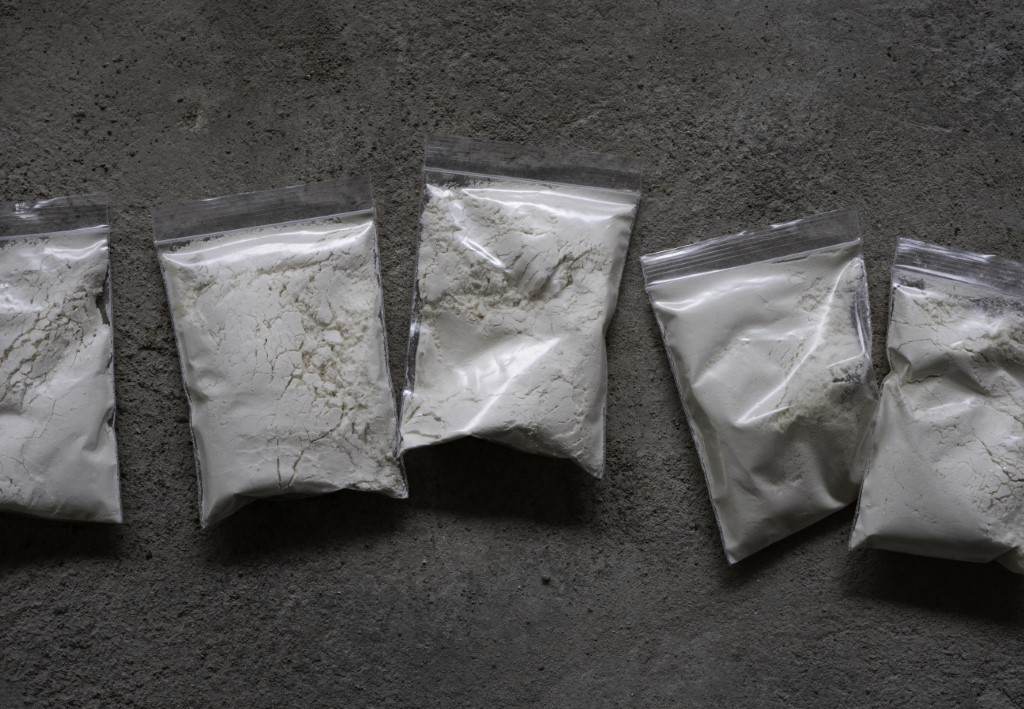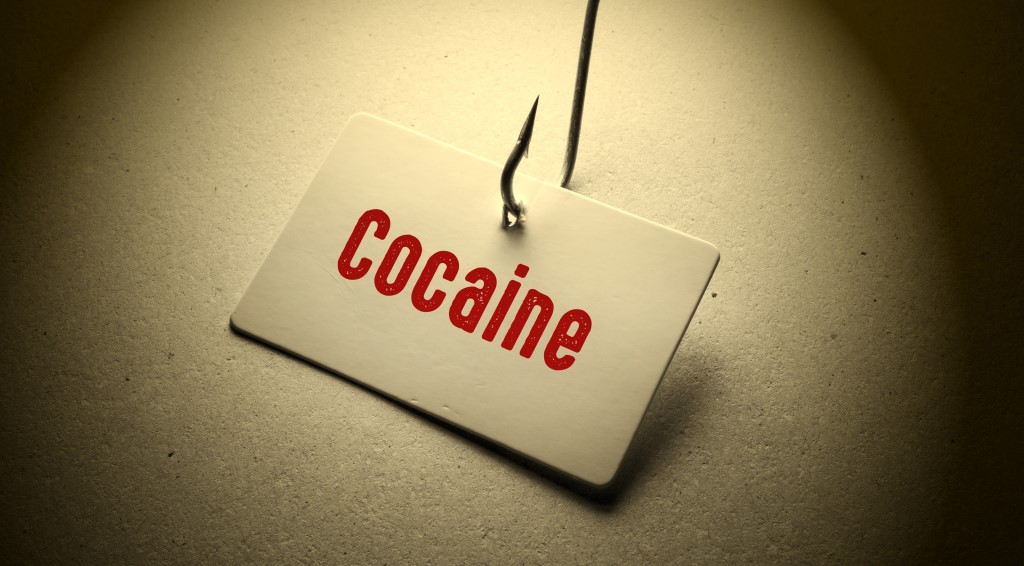It’s a heart-wrenching moment when you realize someone you care deeply about is grappling with cocaine addiction. In the diverse backdrop of South Africa, with its beautiful landscapes and rich tapestry of cultures, such struggles might sometimes be overshadowed. But for you, this is personal, and every ounce of your being wants to provide help.
Cocaine addiction, like many other forms of addiction, isn’t just a random act of willful indulgence. More often than not, it’s a symptom of deeper underlying issues – be it emotional traumas, societal pressures, or personal challenges. Understand this, and you’re already on a more empathetic path to assist your loved one.
One fact that often goes unspoken is that cocaine use has been on the rise in several South African communities. This surge isn’t merely about the allure of the drug but often links back to our fast-paced society, where many are seeking an escape, a momentary high to drown out the lows of daily life. However, the short-lived euphoria comes with long-term consequences that affect not just the individual but the entire community.
If you’re keen to support your loved one, it’s essential to approach the situation with both understanding and action. Cocaine, with its intense but fleeting high, can lead to increased tolerance over time. This means that your loved one might consume more to achieve the same effects, increasing both the physical and psychological risks. Your role? Help them recognize these dangers without resorting to blame or shame.
Education is a powerful tool. By familiarizing yourself with the available resources and treatment options within South Africa, you can guide your loved one towards professional help. There are numerous facilities and community groups focused on treating cocaine addiction as a symptom, seeking to address the root causes rather than just the manifestations.
Connecting your loved one to local stories of recovery can be incredibly motivating. South Africa, with its spirit of Ubuntu – “I am because we are” – emphasizes community and mutual support. Let your loved one know that they are not alone and that many have walked this path and emerged stronger.
Overcoming Cocaine Addiction – A Step-by-Step Guide
1. Acknowledge the Situation: The first step is often the hardest. Recognize and accept that there’s an issue. This doesn’t mean pointing fingers or assigning blame but simply understanding that cocaine has become a challenge in your loved one’s life.
2. Educate Yourself: Dive deep into understanding cocaine addiction. It’s not just about the physical cravings but often links back to underlying emotional or psychological triggers. South Africa offers several resources, both online and offline, that provide valuable insights into the nature of addiction and its treatment.
3. Approach with Empathy: Once you’re equipped with knowledge, approach your loved one. Remember, this conversation is grounded in concern, not confrontation. Use phrases like “I’ve noticed” or “I’m concerned” rather than accusations.
4. Listen Actively: When they speak, truly listen. Your loved one might share reasons, fears, or experiences that led to their addiction. This isn’t a time for judgment but understanding.
5. Explore Treatment Options: Together, research the many treatment facilities and methodologies available in South Africa. Some might focus on holistic approaches, while others might adopt a more medical route. Find what aligns best with your loved one’s needs.
6. Create a Supportive Environment: Ensure your home and social circles foster a positive environment. This might mean avoiding certain triggers or even re-evaluating friendships that enable the addiction.
7. Stay Engaged: Attend therapy or counseling sessions with them if they’re comfortable. Your active involvement showcases your commitment to their recovery journey.
8. Celebrate Small Wins: Every day without cocaine is a victory. Celebrate these moments, whether it’s a week, a month, or a year of sobriety.
9. Be Prepared for Setbacks: Recovery isn’t a straight path. There might be moments of relapse. Instead of expressing disappointment, reaffirm your support and help them get back on track.
10. Connect with Community: Engage with local support groups or communities that focus on recovery. South Africa, with its spirit of unity and resilience, has many such groups where stories of hope and triumph are shared.
11. Prioritize Well-being: Encourage activities that enhance physical and mental health. This could be joining a local gym, practicing meditation, or even exploring the beautiful landscapes of South Africa.
12. Stay Updated: As time progresses, newer methods or insights into addiction recovery might emerge. Stay informed and adapt accordingly.
Navigating the challenges of addiction is by no means a straightforward journey, but with dedication, understanding, and the right support, transformation is entirely within reach. As you and your loved one traverse this path, remember that every step taken, no matter how small, is a testament to resilience and the human spirit’s ability to heal and renew. South Africa, with its rich tapestry of experiences, offers a backdrop of hope, community, and recovery resources. You’re never alone in this journey. And to echo the timeless words of Nelson Mandela, “It always seems impossible until it’s done.” Embrace the journey, celebrate the progress, and always hold onto hope.




